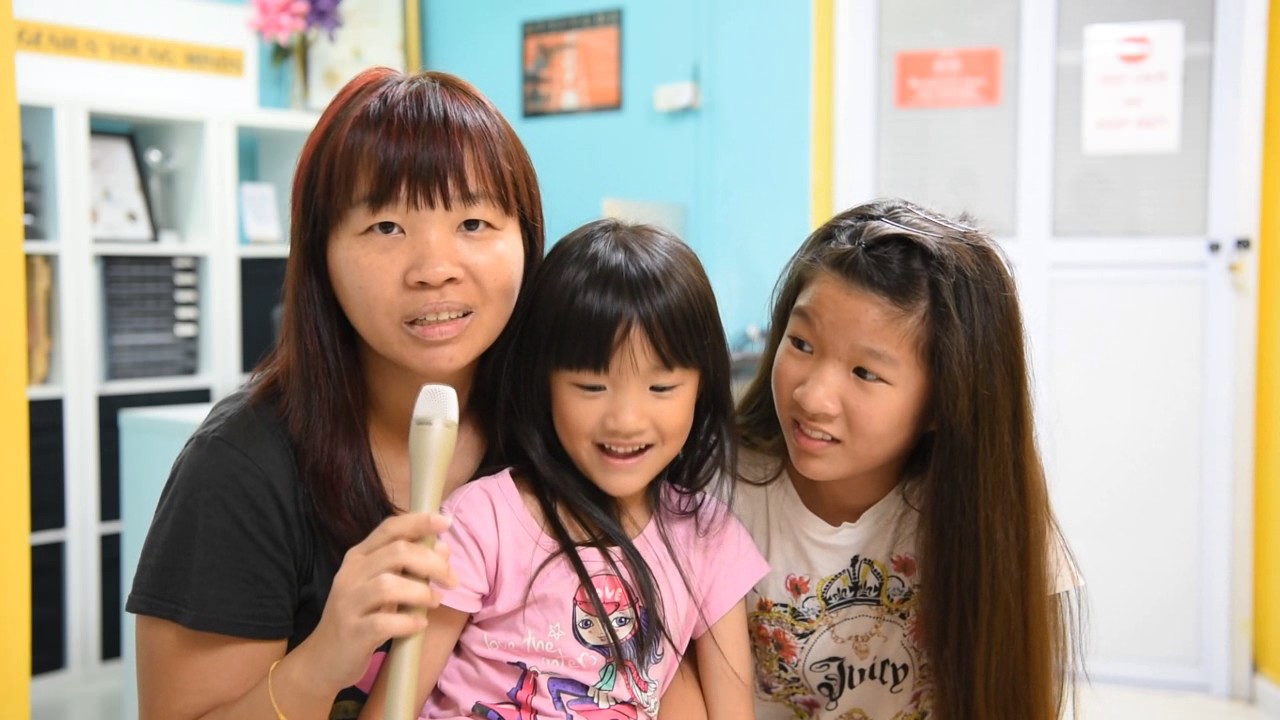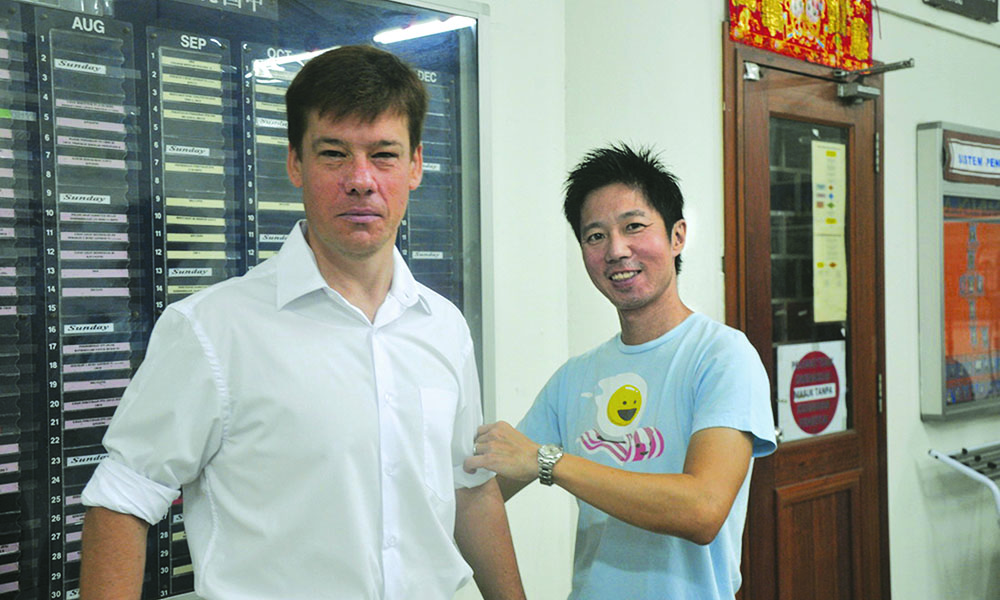By Lynnette Sim |
Artificial Intelligence (AI) has been hailed as a solution to the developed world’s labour shortages and a means of vastly improving our lives. What are the current trends of AI and its future impacts on mankind? The Epoch Times asked some corporate leaders for their opinions.Driverless car technologies are an application of AI that is poised to become widely available in the near future, and this may change not just private transport, but public transport as well. Last year, on August 25, the world’s first driverless taxi was trialled in Singapore and its developer nuTonomy hopes to launch driverless taxi services here in 2018. Driverless mini buses are also currently being developed at Nanyang Technological University (NTU), with plans to launch trials later this year.
Automation technologies can also improve greatly using AI. Hector Lim, Assistant Vice President of Aten International Co. Ltd, cites Amazon’s complex network of automated logistics warehousing and delivery system as an example. Amazon’s robotic automation promises near-instantaneous, doorstep delivery, in a world where the only people explicitly mentioned are customers.
Real-world robots can not only learn to perform physical tasks, but also learn to detect human emotions, understand human language, and respond accordingly.
Drawing parallels to scenarios of machines beating chess champions, Lim foresees AIs replacing human doctors, as diagnoses based on symptoms matched against big data could prove to be a more accurate alternative. Outcomes of epidemics can also be better gauged on the strength of past medical data than on medical science.
Jeffrey Tan, CEO of Singapore Founders Club, suggests that diagnoses could eventually be made through personal computers–by having patients answer questions through an online form, and having web cameras take photos of patients’ tongues and faces. The patient’s blood pressure, heart rate, and other basic measurements could also be measured using a single additional device. Medicine would then be prescribed based on the online diagnosis, and delivered to the patient’s home.
Tan says Artificial Intelligence (AI) can even replace the human thinking process. He describes AI as “human thinking that is not done by human beings”.
Real-world robots can not only learn to perform physical tasks, but also learn to detect human emotions, understand human language, and respond accordingly.
“All these can be done. It’s just that AI development is being suppressed and is not being allowed to go full throttle,” says Tan.
From Tan’s point of view, without moral constraints, the development of AI could progress very rapidly. But consequently, without limitations in place, the repercussions of unrestricted AI development could be devastating.
“AIs can bring us ease and convenience, but they should never be allowed to make decisions on behalf of humans. AIs can work out the various scenarios and options for us to choose and make the ultimate decision,” says Tan.
Addressing the worry that AIs could eventually exceed human intelligence and potentially break free from our control, Lim expresses confidence that AIs are still far from matching real human intelligence, and that they are still likely to be very much under the control of humans.
“As technology advances, humans will become wiser,” says Lim. “AIs will free our minds for them to perform more important tasks.”

However, Tan thinks otherwise. He suggests that there is a real possibility of the catastrophic AI-driven disasters frequently portrayed in doomsday movies. “Self-destruction” is what he calls it. “Human beings have the desire. Some scientists can be crazy to the extent of wanting to challenge limits and break boundaries.”
Describing future trends, Tan says: “Nowadays, mobile phones can perform the functions of computers and laptops. This is revolutionary. In the next wave of revolution, we may have chips embedded in our skin, allowing us to make phone calls and allowing our loved ones to track us. At the same time, we’ll have lens implants in our eyes, enabling us to take photos to send to others.”
“It’s very frightening. That’s why you see some scientists who have made certain scientific advancements turning to religion as they are scared of going further.”
“Government of many countries are restricting the development of AI,” says Tan. “The consequences can be very frightening, if it develops too fast.”

In Tan’s opinion, all religious faith will lead people to this question: “Why are we here?” Tan’s personal response is this: “We are here to contribute to society, create value for mankind, and make the world a better place. There’s a mission in every one of us.”
Tan further elaborates the importance of humanity: “Today we are still human beings, living on this Earth, because humanity prevails, there’s still warmth in our blood.
“When we lose this warmth and become cold-blooded, that’s probably when robots would take charge.”
















